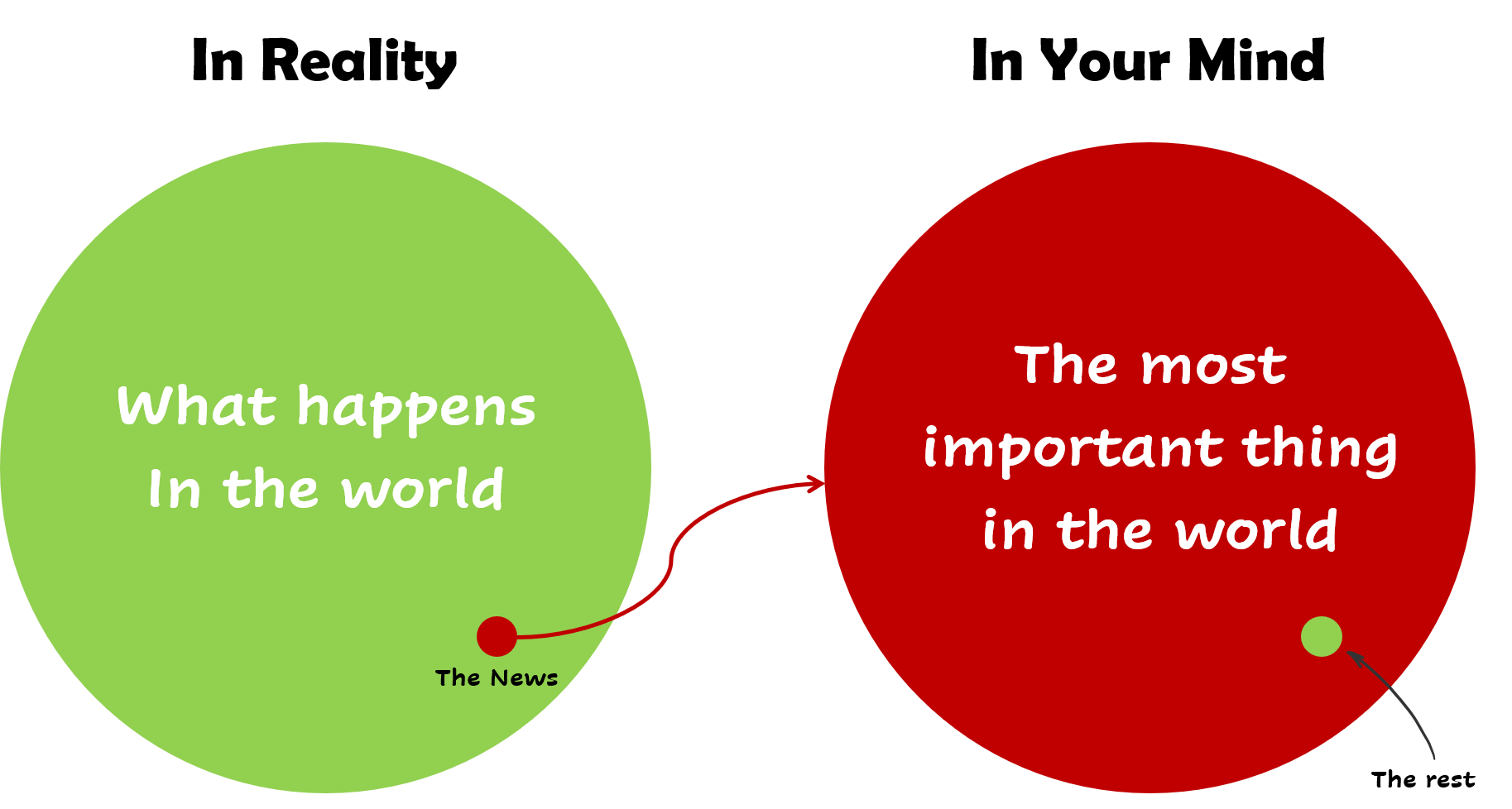
Title: The Great Influenza: The Story of the Deadliest Plague in History
Author: John M. Barry
Publication Date: 2004
Recommendation Score: 4.5/5
The H1N1 influenza A virus was called the Spanish flu. This is mainly because the Spanish press was reporting about it freely, in contrast to the censored press in the countries involved in world war I. This flu is arguably the deadliest pandemic in history. It happened between 1917 and 1920 with a peak in 1918. The war helped the virus spread by both displacing men between countries, and by censorship that minimized the death reports to maintain morale. The book describes this period in great detail.
When I was reading this book, I heard a president of a European country comforting his people by claiming that the COVID-19 crisis and its context (economic crisis, terrorism) is the worst in modern history. Political dogma aside, we are far better, with our modern technology, than the generation that endured the flu pandemic and WWI. We should expect the worst.
The book was written over 15 years ago. The author, John Barry, warns against the risk of flu pandemic outbreaks that may occur any time. He points out the fragility of the just-in-time supply chain, and the over-optimization of the industries, including the health industry, which makes us poorly prepared in case of a pandemic.

